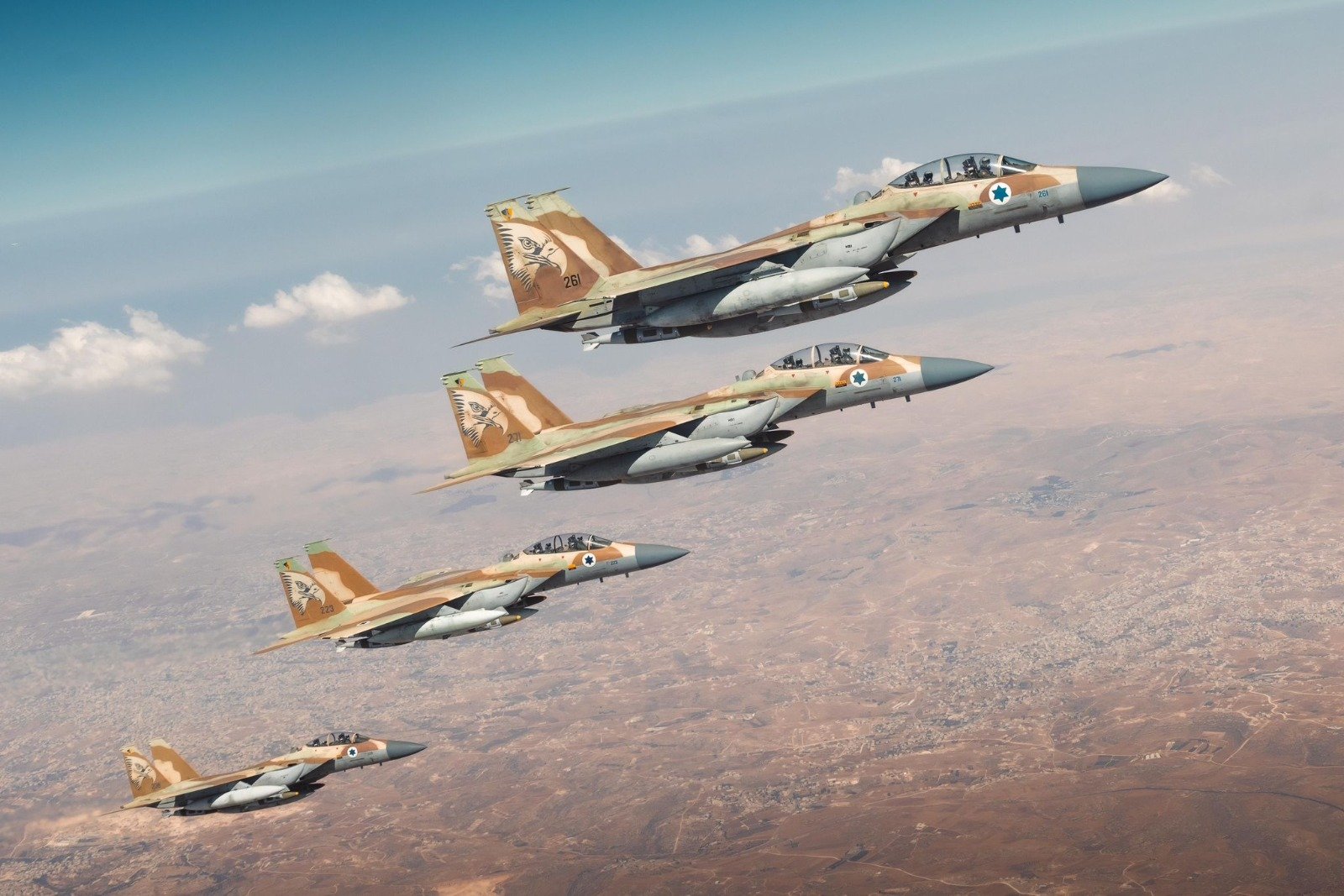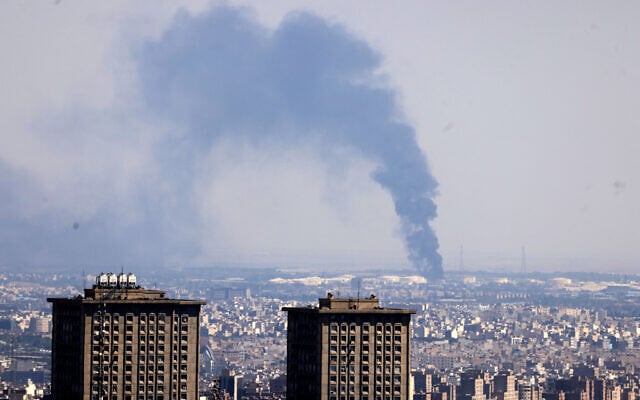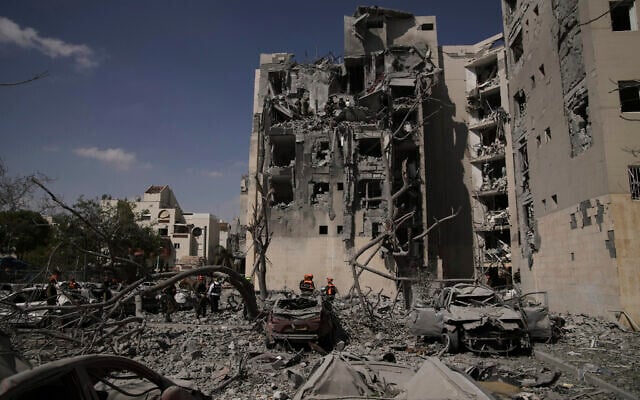



REUTERS — Israel killed more than 30 senior security officials and 11 senior nuclear scientists to deliver a major blow to Iran’s nuclear ambitions, a senior Israeli military official said on Friday in summarizing Israel’s 12-day air war with Iran.
In the United States, an independent expert said a review of commercial satellite imagery showed only a small number of the approximately 30 Iranian missiles that penetrated Israel’s air defenses managed to hit any militarily significant targets.
“Iran has yet to produce missiles that demonstrate great accuracy,” Decker Eveleth, an associate research analyst at the CNA Corporation specializing in satellite imagery, told Reuters.
In Israel, the senior military official said Israel’s June 13 opening strike on Iran severely damaged its aerial defenses and destabilized its ability to respond in the critical early hours of the conflict.
The Israeli Air Force struck over 900 targets and the military deeply damaged Iran’s missile production during the war that ended with a US-brokered ceasefire, the official said.
“The Iranian nuclear project suffered a major blow: The regime’s ability to enrich uranium to 90% was neutralized for a prolonged period. Its current ability to produce a nuclear weapon core has been neutralized,” the official said.
Iran, which denies trying to build nuclear weapons, retaliated against the strikes with barrages of missiles on Israeli military sites and cities. Iran said it forced the end of the war by penetrating Israeli defenses.
Iranian authorities said 627 people were killed in Iran, where the extent of the damage could not be independently confirmed because of tight restrictions on the media. Israeli authorities said 28 people were killed in Israel.
Eveleth, the independent US expert, said Iran’s missile forces were not accurate enough to destroy small military targets like US-made F-35 jet fighters in their shelters.
“Because of this the only targets they can hit with regularity are large cities or industrial targets like the refinery at Haifa,” he told Reuters.
Iranian missile salvos — which were limited by Israeli airstrikes in Iran — did not have the density to achieve high rates of destruction, he wrote on X.
“At the current level of performance, there is effectively nothing stopping Israel from conducting the same operation in the future with similar results,” he wrote.
In a statement on Friday, Defense Minister Israel Katz said he had directed the military to draft plans to safeguard air superiority over Iran, prevent nuclear development and missile production, and address Iran’s support for militant operations against Israel.
IDF Chief of Staff Lt. Gen. Eyal Zamir said on Friday the outcome in Iran could help advance Israeli objectives against the Iranian-backed Palestinian Hamas terror group in the Gaza Strip.
Zamir told troops in Gaza an Israeli ground operation, known as “Gideon’s Chariots,” would in the near future achieve its goal of greater control of the Palestinian enclave and present options to Israel’s government for further action.
Times of Israel staff contributed to this report.


